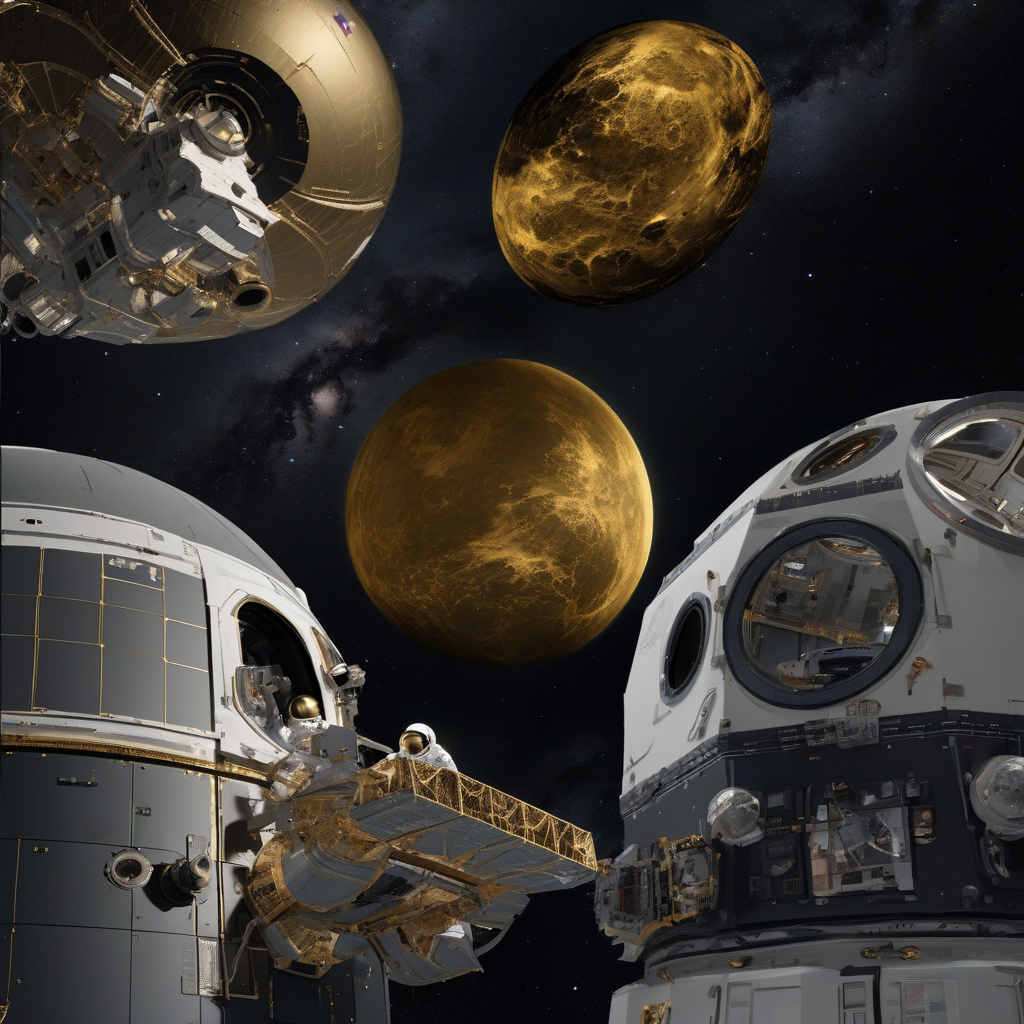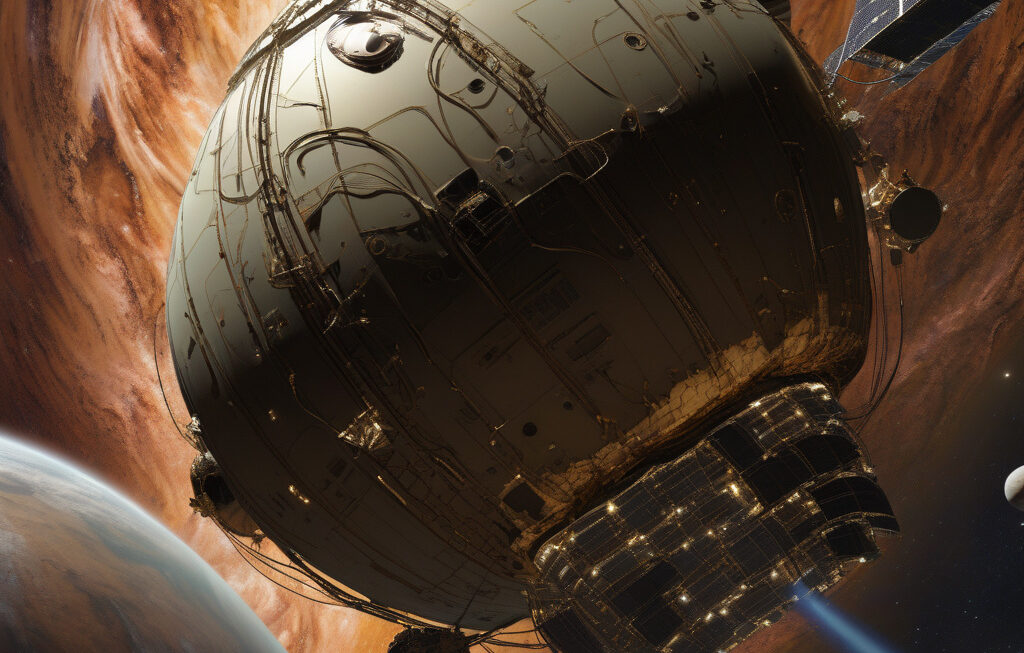A ‘Dark Age’ for NASA Could Be China’s Golden Era in Space
Chris Young’s Beyond Earth column explores the intersection of space technology and policy, providing thought-provoking insights into the future of space exploration. In recent years, NASA has faced budget cuts, shifting priorities, and political uncertainties, leading some experts to suggest that the agency is entering a “dark age” in space exploration. However, as NASA grapples with these challenges, China is emerging as a formidable contender in the race for space dominance. Could this be China’s golden era in space?
NASA, once the unrivaled leader in space exploration, is now facing a period of uncertainty. Budget constraints have forced the agency to cancel or delay ambitious projects, such as the James Webb Space Telescope and the Mars Sample Return mission. Meanwhile, the shifting political landscape has left NASA without a clear direction, with changing administrations bringing new priorities and goals to the agency.
In contrast, China has been steadily ramping up its space program, with ambitious plans to establish a permanent presence on the moon and send astronauts to Mars. The Chinese space agency has made significant strides in recent years, launching missions to the moon, Mars, and beyond. With generous funding and a clear vision for the future, China is positioning itself as a serious competitor to NASA’s long-standing dominance.
One area where China has made significant progress is in the development of space technology. The Chinese space agency has developed its own rockets, spacecraft, and space stations, reducing its reliance on foreign partners for access to space. China’s advancements in space technology have not gone unnoticed, with some experts warning that the country could soon surpass the United States in key areas of space exploration.
Moreover, China’s approach to space policy is markedly different from that of the United States. While NASA operates as a civilian agency with a focus on scientific research and exploration, the Chinese space program is closely tied to the country’s military and geopolitical ambitions. This dual-use nature of China’s space program has raised concerns among some experts, who worry that China’s space ambitions could have far-reaching implications for international security and stability.
As NASA grapples with budget cuts and political uncertainties, China is seizing the opportunity to assert its dominance in space. The Chinese space agency’s ambitious plans and substantial resources have positioned the country as a rising star in the field of space exploration. If current trends continue, China could soon surpass NASA as the world’s leading space power, ushering in a new golden era for Chinese space exploration.
In conclusion, the challenges facing NASA have created an opening for China to emerge as a global leader in space exploration. With ambitious plans, generous funding, and a strategic approach to space policy, China is well-positioned to capitalize on NASA’s current struggles and establish itself as a dominant force in space. As the United States reevaluates its priorities in space, it must contend with the reality that China’s golden era in space may be just beginning.
#NASA, #China, #SpaceExploration, #GoldenEra, #SpaceRace












